A 1031 exchange refers to section 1031 of the U.S. Internal Revenue Service tax code, which states that one can exchange a property for another and defer the tax that would normally be due from a regular sale. To do this, there are a few rules which must be obeyed for a 1031 exchange to apply.
The first rule for a 1031 exchange is that all properties are “like-kind”. This means that the properties must be of the same type or use. Most types of real estate are like-kind to each other, even vacant land, if they’re in the United States. When exchanging a foreign property, all properties in the exchange, both the relinquished and replacement properties must be from another foreign property.
One also needs to identify a replacement property within 45 days of selling the original property, and the entire exchange must be completed within 180 days after the original sale.
Whenever one performs a 1031 exchange, the seller must use an independent qualified intermediary to prepare the required documents for the IRS. This intermediary cannot be someone who the seller is related to or has had a business relationship with in the two years prior to the sale. In addition, the seller must not exchange the original property for a cheaper one or he or she will face tax considerations due to the difference in price.
In summary, 1031 exchange rules can be confusing, however they can be of great benefit to investors if used properly. They allow sellers to easily exchange properties and gain more wealth because they can defer capital gains taxes. Essentially instead of paying Uncle Sam, you are instead retaining the equity in the replacement property. Here at WealthBuilder 1031 Exchange Company, we’re ready to help you with any questions you have. Call us today at 888-508-1901 to get started or fill out our online contact form.

